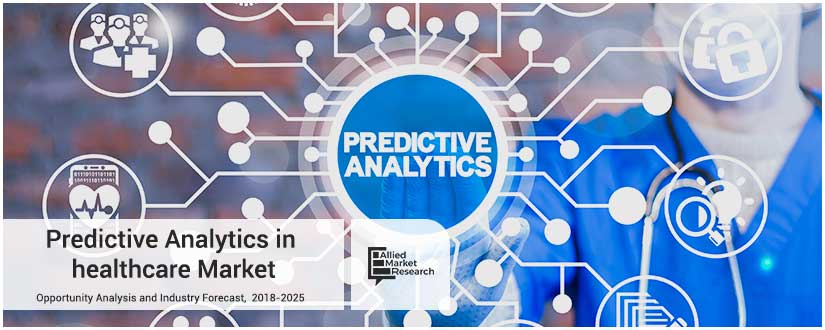
Unveiling the Future: Predictive Analytics in Public Health
Public health, a dynamic field with far-reaching implications, is embracing the power of predictive analytics to revolutionize its approach. Predictive analytics leverages data, technology, and statistical algorithms to foresee future trends and potential health outcomes. In the realm of public health, this transformative tool is reshaping strategies, interventions, and decision-making processes.
Data-Driven Insights: Informing Proactive Interventions
At the core of predictive analytics in public health lies the ability to extract actionable insights from vast datasets. By analyzing historical health data, lifestyle patterns, and environmental factors, public health professionals gain a comprehensive understanding of community health. These data-driven insights empower authorities to proactively address emerging health challenges, implement preventive measures, and allocate resources more efficiently.
Epidemiological Forecasting: Anticipating Disease Trends
Predictive analytics plays a pivotal role in epidemiological forecasting, allowing health officials to anticipate and prepare for disease trends. By analyzing factors such as population demographics, vaccination rates, and historical disease patterns, public health agencies can predict the potential spread of infectious diseases. This foresight enables timely interventions, resource allocation, and the development of targeted public health campaigns.
Resource Optimization: Maximizing Efficiency in Healthcare Delivery
Efficient resource allocation is a critical aspect of effective public health management. Predictive analytics aids in optimizing resource distribution by forecasting healthcare demands and identifying areas at higher risk. This proactive approach ensures that healthcare facilities are adequately equipped, staffed, and prepared to handle surges in demand, ultimately improving the overall efficiency of healthcare delivery.
Early Intervention Strategies: Minimizing Health Disparities
One of the key benefits of predictive analytics is its potential to minimize health disparities through early intervention strategies. By identifying populations at higher risk for specific health issues, public health professionals can implement targeted interventions, screening programs, and educational campaigns. This targeted approach contributes to reducing health inequalities and promoting a more equitable distribution of healthcare resources.
Behavioral Insights: Tailoring Health Promotion Initiatives
Predictive analytics delves into behavioral patterns, shedding light on factors that influence health-related decisions. This information is invaluable for tailoring health promotion initiatives that resonate with specific demographics. Whether encouraging healthier lifestyle choices or promoting preventive measures, understanding the intricacies of human behavior enhances the effectiveness of public health campaigns.
Environmental Health Monitoring: Addressing Emerging Threats
Environmental factors significantly impact public health, and predictive analytics extends its reach to environmental health monitoring. By analyzing data related to air quality, water contamination, and climate patterns, public health agencies can anticipate and mitigate environmental health threats. This anticipatory approach is crucial for safeguarding communities from emerging environmental risks.
Challenges and Ethical Considerations: Navigating Complexities
While predictive analytics holds tremendous promise, it comes with challenges and ethical considerations. Ensuring data privacy, addressing biases in algorithms, and maintaining transparency in decision-making are paramount. Striking a balance between harnessing the potential of predictive analytics and safeguarding individual rights is crucial for fostering trust in public health initiatives.
Public Health Surveillance: Enhancing Outbreak Response
The synergy between predictive analytics and public health surveillance is instrumental in enhancing outbreak response capabilities. By continuously monitoring data streams and identifying anomalies, public health agencies can detect potential outbreaks early. This early detection facilitates swift response measures, containment strategies, and the protection of public health.
Future Horizons: Advancing Public Health Through Innovation
As technology continues to advance, the future of predictive analytics in public health holds exciting prospects. Integration with artificial intelligence, machine learning, and enhanced data visualization tools will refine predictive models. This innovation promises more accurate forecasting, targeted interventions, and an increasingly proactive approach to addressing public health challenges.
In conclusion, predictive analytics is ushering in a new era for public health, where data-driven insights empower authorities to make informed decisions, anticipate health trends, and implement strategies that positively impact communities. As this transformative tool continues to evolve, the synergy between technology and public health promises a future where preventive measures are not just reactive but anticipatory, creating healthier and more resilient societies.
For more information on predictive analytics in public health, visit CentrumZdravi.org.

